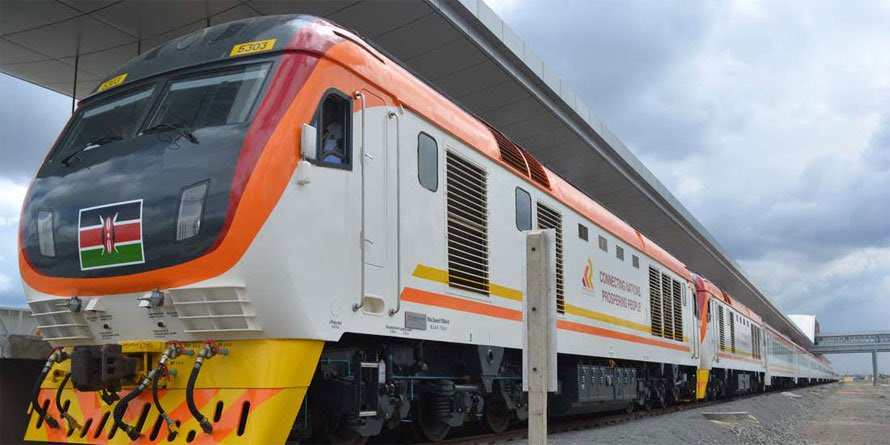Business Daily Africa
by George Omondi
To many Kenyans, and citizens of several other African countries, China’s One Belt One Road (OBOR) initiative is such a distant, if not an abstract concept not worth giving a second thought to.
That has been the general feeling until Baker McKenzie and Silk Road Associates released a November report insinuating that countries such as Kenya, Tanzania, Ethiopia, Djibouti and Egypt are set to benefit immensely from the initiative.
The OBOR is a drive to raise hundreds of billions of dollars every year to link up all China’s trade corridors with an improved network of railways, roads, pipelines, maritime lanes and utility grids.
In North Africa, a country like Morocco does not struggle to understand the concept. Its Tanger Med Port at the Strait of Gibraltar is already a global logistics gateway that is connected to 174 ports worldwide.
Compared to Kenya’s one million-a-year Mombasa port, Tanger Med handles nine million containers, one million cars, 700,000 trucks and is also a transit for seven million passengers every year.
Tanger Med constitutes an industrial hub for more than 750 companies in sectors such as automotive, aeronautics, logistics, textile and trade.
China’s OBOR is investing billions of shillings transform the port which handles 60 per cent of its trade into a hub. And with Morocco on queue to join the Economic Community of West African States, China’s trade lane is expected to extend into the western and central Africa.
During Morocco’s second China Africa investment forum held in Marrakech on November 27-28, Chinese investors took turns to pledge billions of shillings worth of investments in the port’s industrial parks and logistics establishments.
“For it to be mutually benefiting, OBOR must also incorporate cultural and security aspects,” Othman Benjelloun, chief executive of BMCE Bank of Africa Group in Morocco said at the forum.
Industry players in Kenya also need to understand OBOR and ensure that its rollout is aligned with our needs rather than China’s.
The same way the century-old metre gauge railway line was built to link the rich agricultural hinterland to processing centres, the Chinese built infrastructure must link production units to processing centres and markets.
So far, OBOR is understood to include investments in Lamu port, the Kenya-Uganda standard gauge railways, as well as several cross-border roads, bypass being worked on by Chinese contractors. There are talks of setting up special economic zones along the corridors but that remains a long shot.
According to Zhao Lei, president of Beijing-based Lion Fund Management, African states do not necessarily have to rely on China for infrastructure fund when they have options such as public-private partnerships.
His views were shared by Brahim El Jai, senior partner at African Invest Morocco. “We must think of homegrown financing options because the external world still perceives the continent as a risky market rather than a high-return business destination that it has become,” he said.
omondi@ke.nationmedia.com








